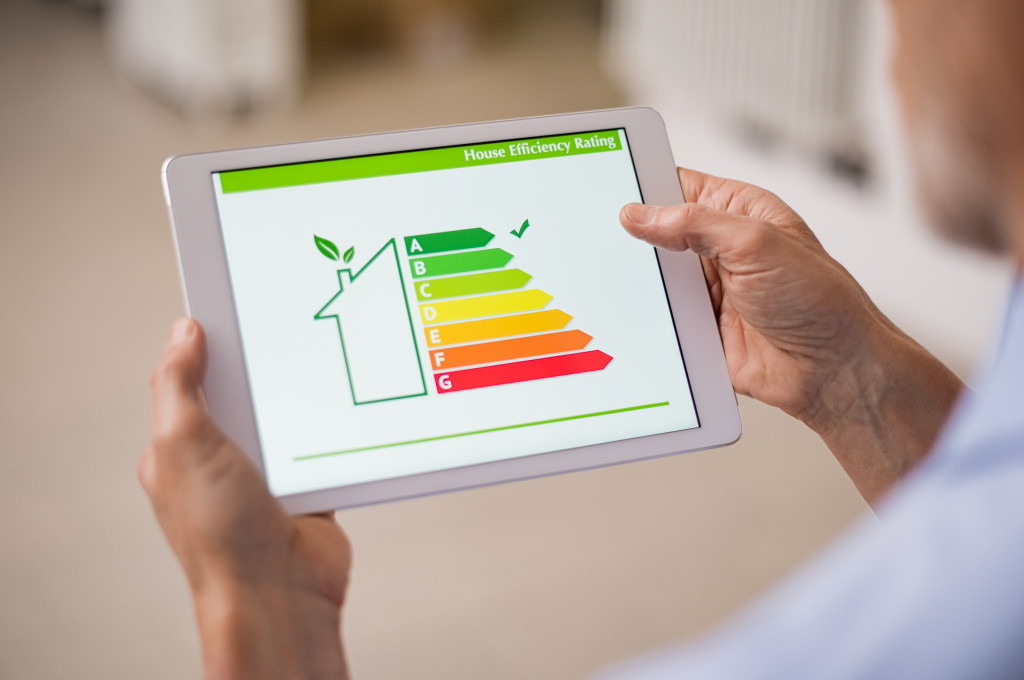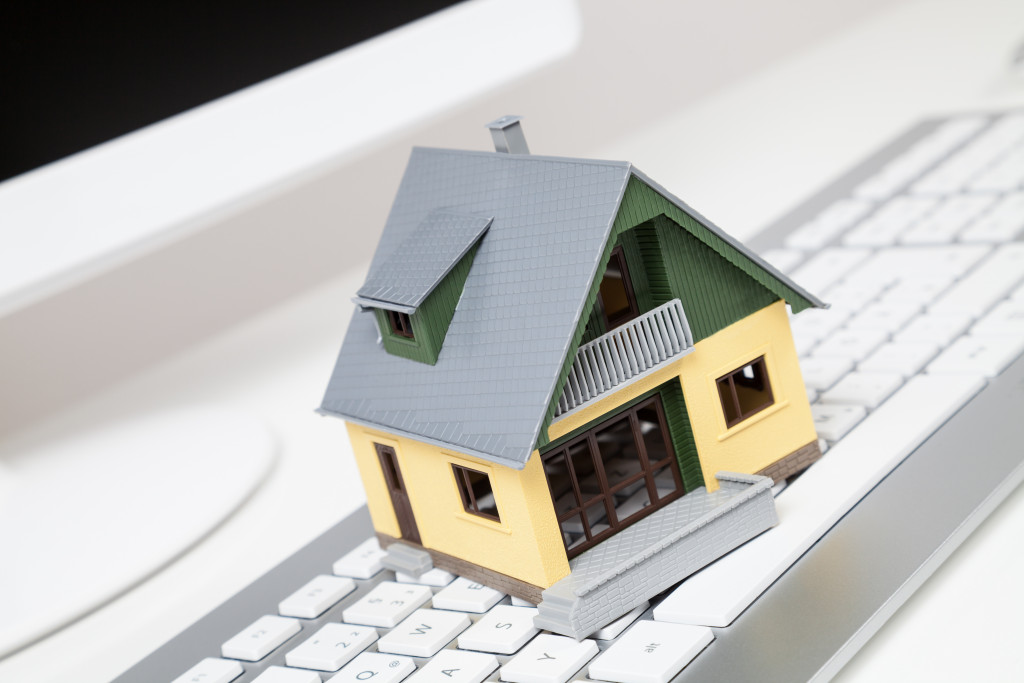- Create a realistic budget that considers all homeownership expenses and track your expenses to avoid overspending.
- Identify areas for cost-saving, reduce unnecessary expenses, and use automated payment systems.
- Increase energy efficiency by maximizing natural light, switching to LED lighting, and investing in solar panels.
- Invest in systems that reduce maintenance and repair costs, such as water softener systems and programmable irrigation systems.
- Take advantage of community resources and tax benefits to finance home upgrades and save on taxes.
Buying a home is an exciting milestone for most people. It is a significant investment and symbolizes stability and the achievement of a long-term goal. However, owning a home comes with many expenses, and managing them efficiently can be challenging.
One of the most crucial aspects of homeownership is financial management. It entails budgeting, expense tracking, and cost-saving techniques that help to keep homeownership affordable.
Effective financial management allows homeowners to avoid unnecessary debts and expenses, especially when unexpected costs arise. It also enables them to plan and prioritize expenses, which ultimately leads to a stress-free experience.
Financially smart homeownership is paramount as it helps save money in the long run, and this blog post shares tips on achieving this.
Efficient Budgeting and Expense Management
Budgeting and expense management are the foundation of financially smart homeownership. It involves creating a realistic budget that considers all the expenses associated with homeownership, including mortgage payments, property tax, maintenance costs, and insurance premiums.
Homeowners need to track their expenses diligently to avoid overspending, and they can use budgeting apps to help them stay on track.
Creating a Realistic Budget for Homeownership Expenses
To create a realistic budget, homeowners need to have a clear understanding of their income and expenses. They should account for both fixed and variable expenses, including discretionary spending.
Setting aside money for unexpected expenses, emergencies, and savings is also vital. A realistic budget helps homeowners to prioritize their spending and avoid overspending on non-essential expenses.
Identifying Areas for Cost-Saving and Reducing Unnecessary Expenses
Cost-saving is a critical aspect of financially smart homeownership. Homeowners can save money by identifying areas where they can cut costs or reduce expenses.
For example, they can negotiate with their service providers for better rates, switch to cheaper insurance policies, or downsize their homes. Reducing unnecessary costs such as entertainment and eating out can also help homeowners to save money.
Tracking and Managing Monthly Bills and Payments
Homeowners should track and manage their monthly bills and payments carefully. Late payments and missed payments can result in penalties and additional fees. Automated payment systems can help them make timely payments and avoid the risk of penalties and late fees.
Energy Efficiency and Conservation
Energy consumption is one of the most significant expenses associated with homeownership. Energy-efficient practices include upgrading to energy-efficient appliances and lighting, maximizing natural light, and utilizing smart thermostat technology.
Implementing Energy-Efficient Practices at Home
You can implement energy-efficient practices by sealing air leaks, using low-flow water fixtures, and unplugging electronic devices when not in use. They can also switch to LED lighting, use energy-efficient appliances, and invest in solar panels to minimize energy consumption.
Upgrading To Energy-Efficient Appliances and Lighting
Energy-efficient appliances and lighting can save homeowners significant money in the long run. Energy-efficient appliances consume less energy than conventional ones, lowering utility bills. LED lighting is also cost-effective as it uses up to 80% less energy than traditional incandescent lighting.
Maximizing Natural Light and Utilizing Smart Thermostat Technology
Maximizing natural light helps homeowners to save on lighting costs. Homeowners can install larger windows or skylights to allow for more natural light and reduce their reliance on artificial light. Also, investing in smart thermostat technology enables homeowners to regulate their energy consumption effectively.

Utilizing Systems for Reduced Maintenance and Repairs
One way to save money as a homeowner is to invest in systems that reduce the need for maintenance and repairs. Here are some ideas to minimize home maintenance and repair costs while maximizing your property’s value.
Installing a Water Softener System To Prevent Plumbing Issues
Another way to keep your home in good condition and save money is to install a water softener system. Hard water contains minerals that can cause buildup in your pipes and fixtures, leading to clogs, leaks, and other plumbing issues.
A water softener system removes these minerals and prevents them from causing damage to your plumbing system. By investing in a water softener system, you can avoid the costly repairs and replacements that result from plumbing issues.
Utilizing a Programmable Irrigation System for Efficient Lawn Maintenance
Maintaining your lawn can be costly and time-consuming, especially if you have a large property. One way to save money and time on lawn maintenance is to install a programmable irrigation system.
These systems allow you to water your lawn efficiently and at optimal times, which reduces water waste and saves you money on your water bill. They also help to keep your lawn healthy and beautiful, which adds value to your property.
Investing in a Smart Home Monitoring System To Detect Issues Early
A smart home monitoring system can help you save money by detecting issues early. These systems use sensors and other technology to monitor your home for leaks, temperature changes, and even security breaches. By detecting issues early, you can address them before they become significant problems that require costly repairs.
Community Resources and Tax Benefits
Finally, homeowners need to take advantage of community resources and tax benefits that can help them save money. Many communities offer home improvement grants and programs that can help you finance upgrades to your home.
Additionally, homeowners have tax deductions and credits for energy-efficient upgrades, home office expenses, and property taxes. Researching and taking advantage of these resources can save money on home improvements and taxes.

Being a savvy homeowner is paramount for long-term financial stability and stress-free homeownership. Managing expenses, implementing cost-saving practices, and adopting energy-efficient practices can help homeowners to achieve this.
It takes discipline and commitment, but the rewards are worth the effort. By implementing the tips shared in this post, homeowners can achieve financial stability and enjoy the benefits of homeownership while keeping costs low.

